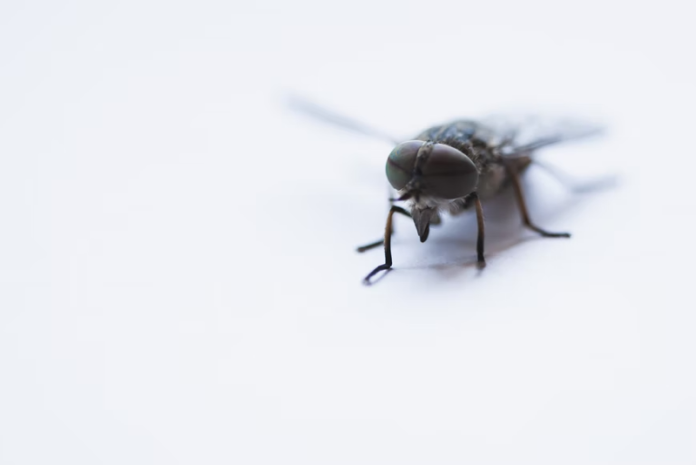Pests are not just mere nuisances – they are also dangerous to your and your family’s health, shelter, and finances. In this article, we’ll look through the specifics of pest-related issues to convince you that it’s time you stop ignoring those clicking sounds from your attic.
1. They Are Disease Vectors
From the apparently harmless housefly to downright destructive rodents, household pests are laden with pathogens. Here are some exciting and rather scary takeaways from CDC’s Healthy Housing Reference Manual:
- Cockroaches carry microbes that cause salmonella, amebiasis, and polio.
- A housefly can easily carry up to one million bacteria on its body.
- Fleas – alone and being hosted by rodents – are carriers of the bacterium that causes bubonic plague.
Additionally, these pests do not need to come into direct contact with you to transmit these microbes to you: as they move around your place, they’ll drop fluids, fecal matter, body parts, eggs, and more.
2. Allergies
Other than causing diseases, household pests also host allergens. These critters will cause allergies as well as aggravate pre existing conditions, like asthma. Mice, roaches, and termites will interact with your house in their unique ways; whether it’s by dropping dander and droppings or by spreading dust, they will affect your respiratory system. Your ventilation system will likely worsen the problem by circulating the particles all around the house. Leaving such pests to skitter around will especially be detrimental to children, the elderly, and individuals sensitive to allergy-causing elements.
3. Stings and Bites
Insect stings and bites hold varying levels of danger. Some, like bed bug bites, can be painful, whereas others, like certain spiders’ bites, can be venomous; it’s better not to wait until after an attack to find out the nature of the insect. The danger of getting bit or stung intensifies for children and toddlers, as they will likely try to catch moving bugs.
4. Destruction of Property
Whereas fleas won’t be damaging your house’s structure, termites and rodents will get to work instantly. The CDC book we quoted above also cites that subterranean termites in the U.S. cause more than $2 billion worth of damages yearly. From mice in the attic to termites eating the foundation, it’s not an exaggeration to assume one can be forced to leave the house if such pests are left unchecked.
Endnote
Given the discussion above, you must act promptly against infestations. Preventative measures are your best bet. However, sometimes, pests are determined to get in the house, and they succeed. You’ll have to prepare yourself as soon as you see a suspicious amount of droppings, insect body parts, or clusters of eggs lying around; clicking noises and torn fabrics are also deterministic signs. Remember that not every species that crosses your house is going to infest it; no need to get insecticides out because of a random spider. Many insects belong inside homes and help promote microbial diversity; pests are the only problem that you should worry about.
There are multiple ways to deal with infestations, and it’s best to try them yourself first. However, some pests, like cockroaches, are stubborn and impossible to eliminate. Will exterminator get rid of roaches for you? The short answer is yes. Seek professional help because ignoring the problem can lead to catastrophic consequences.















